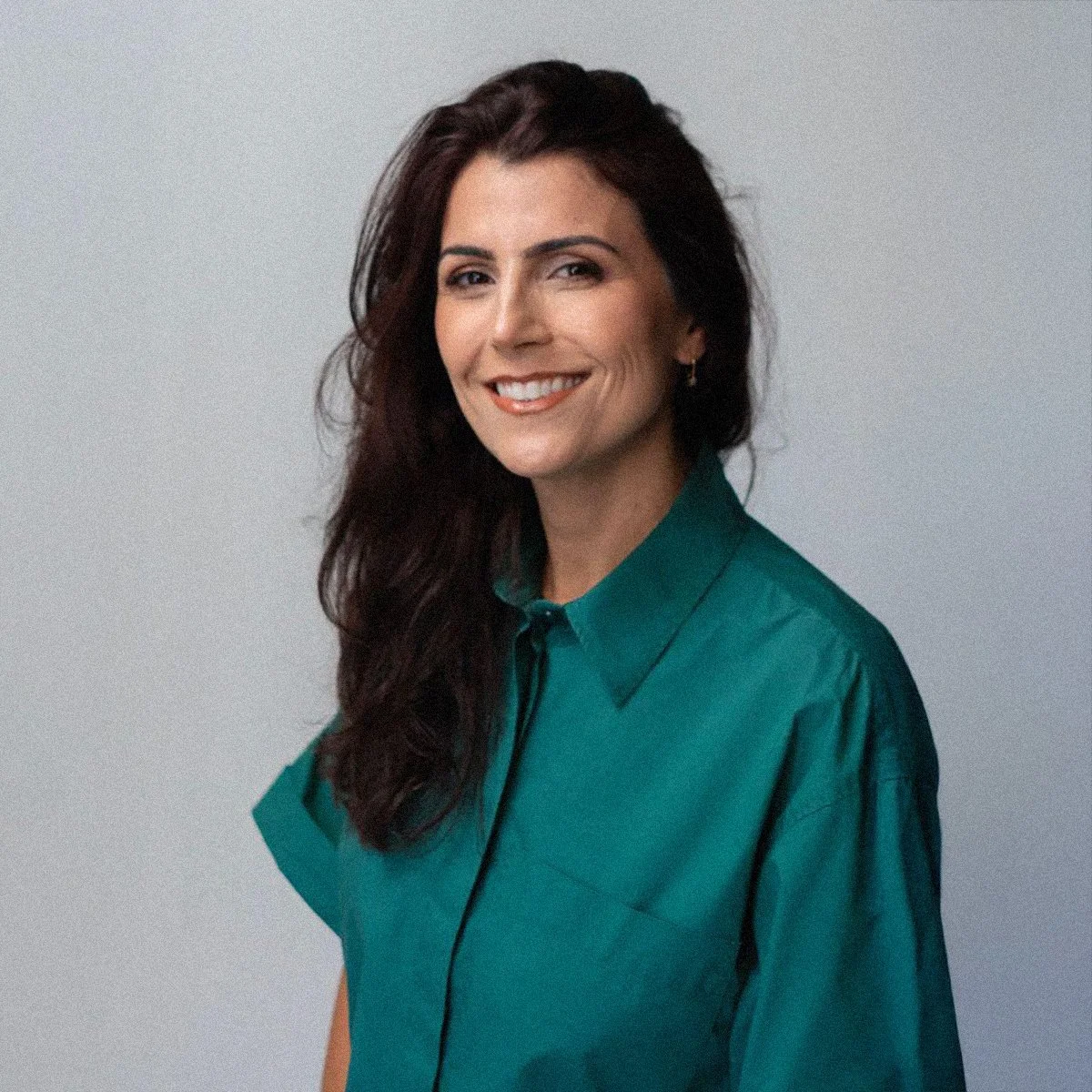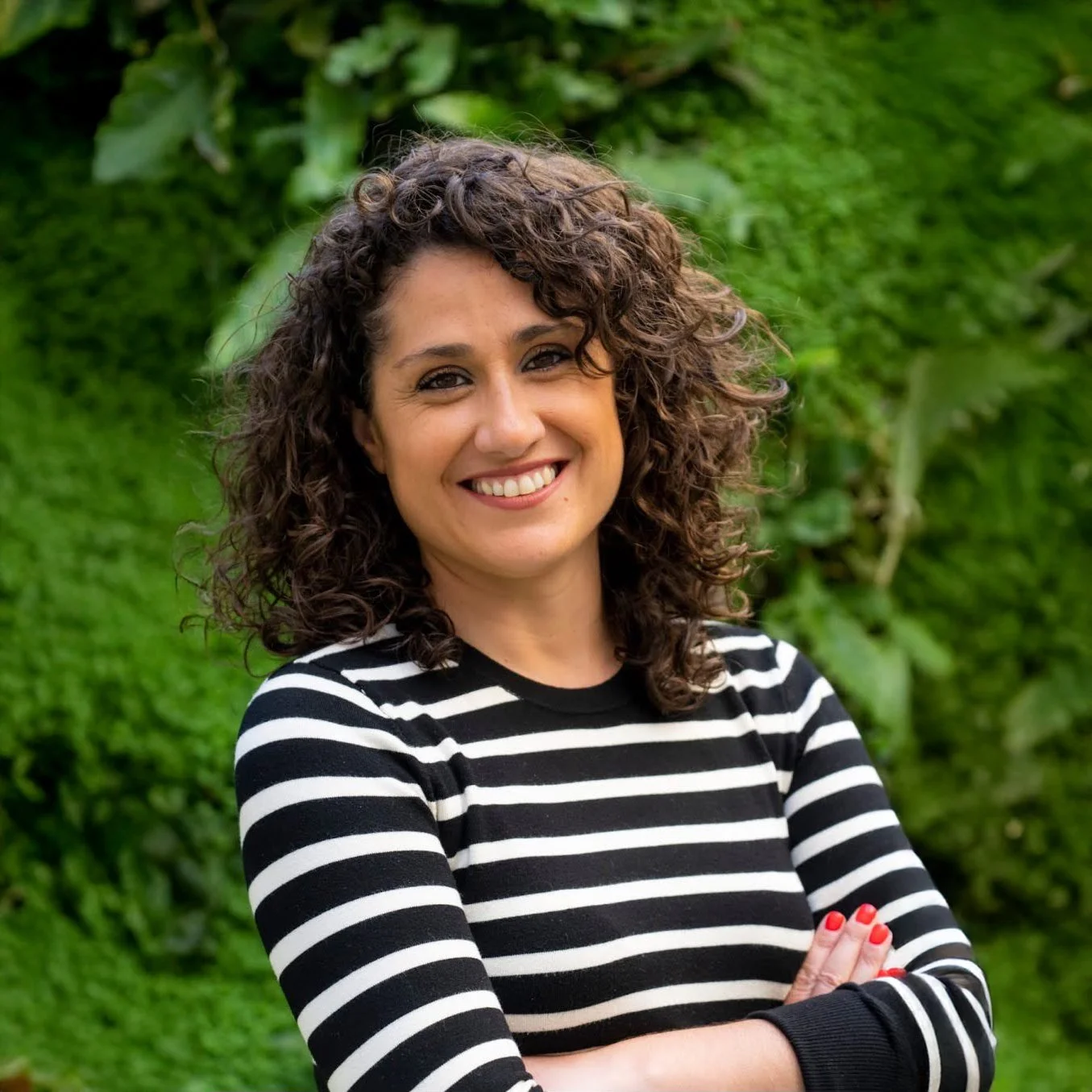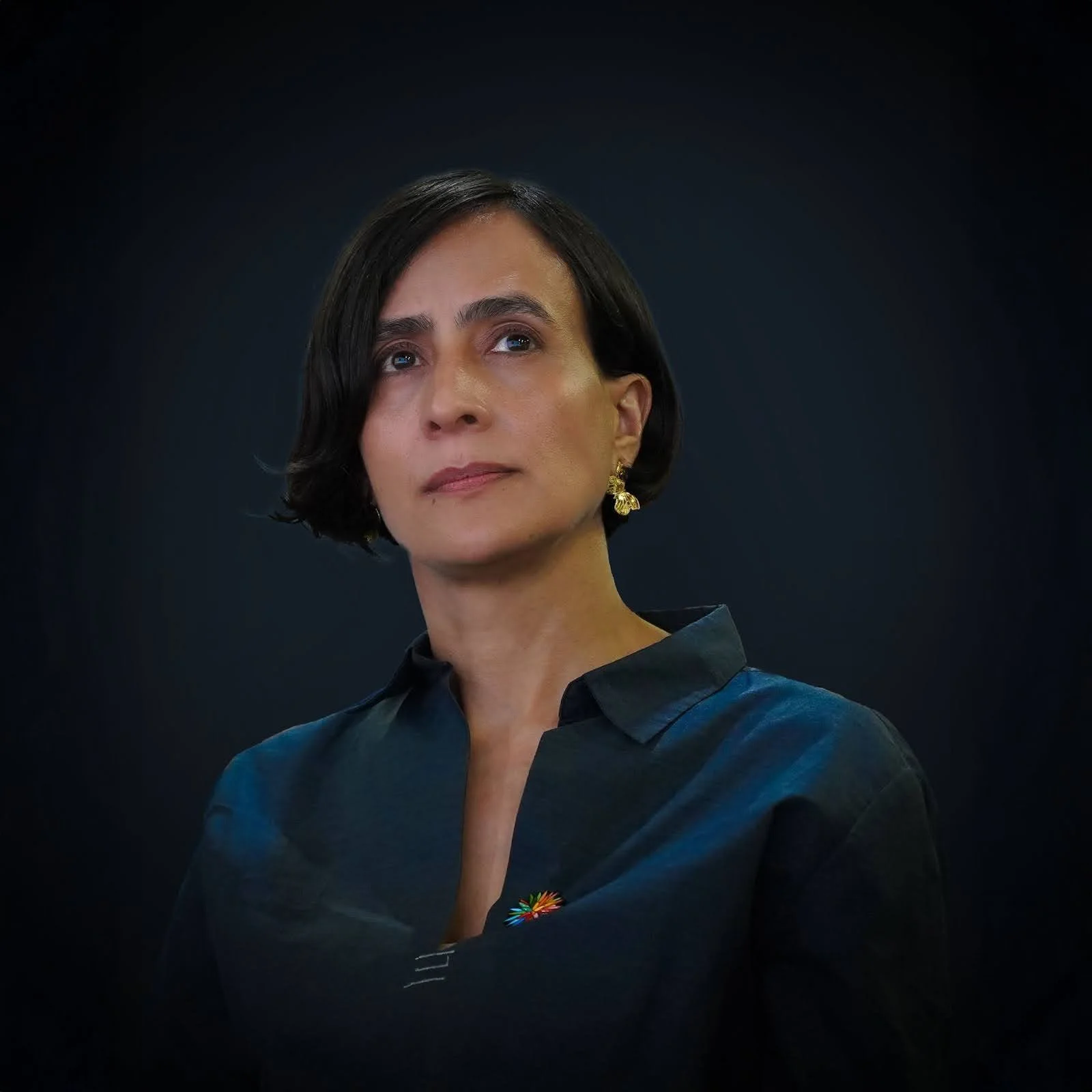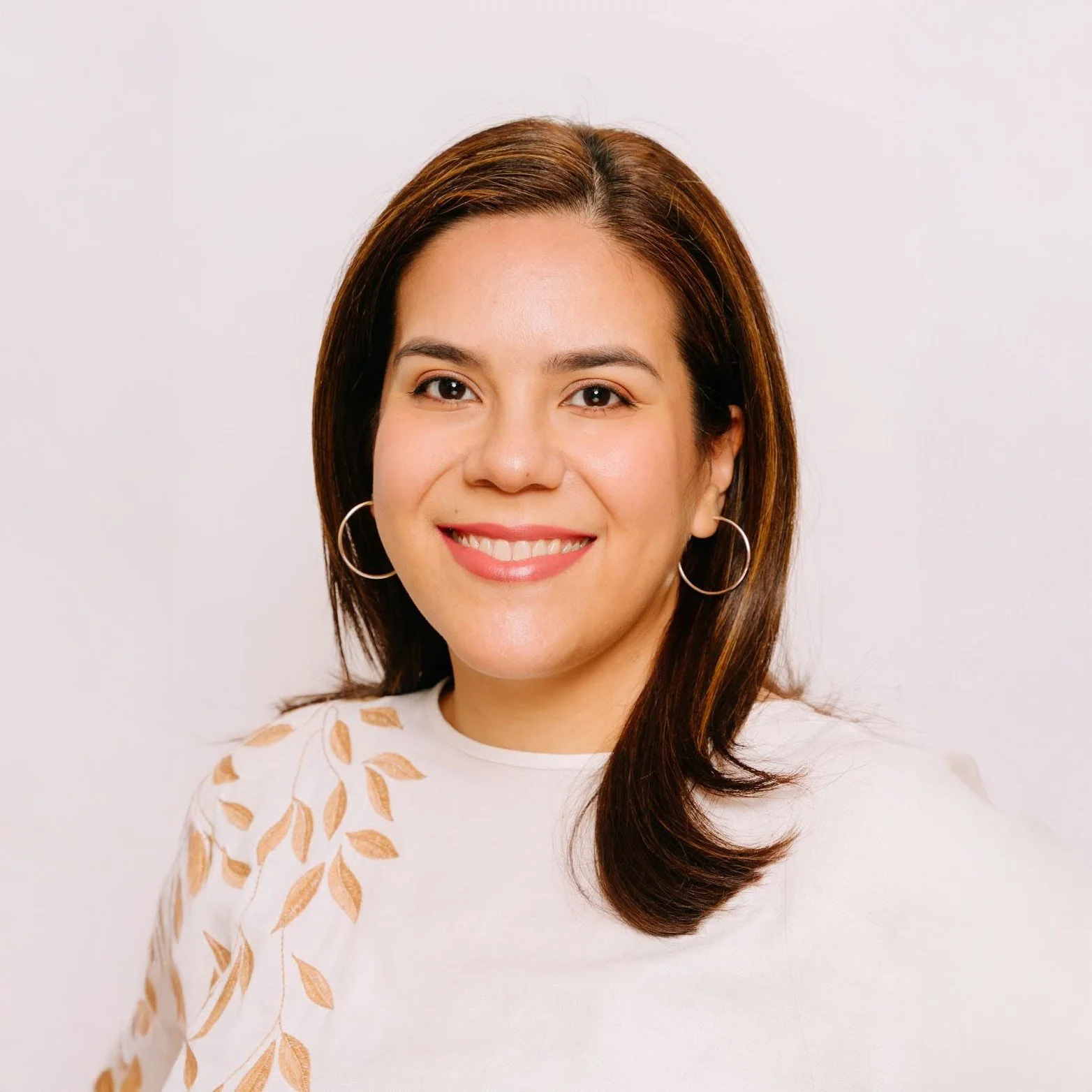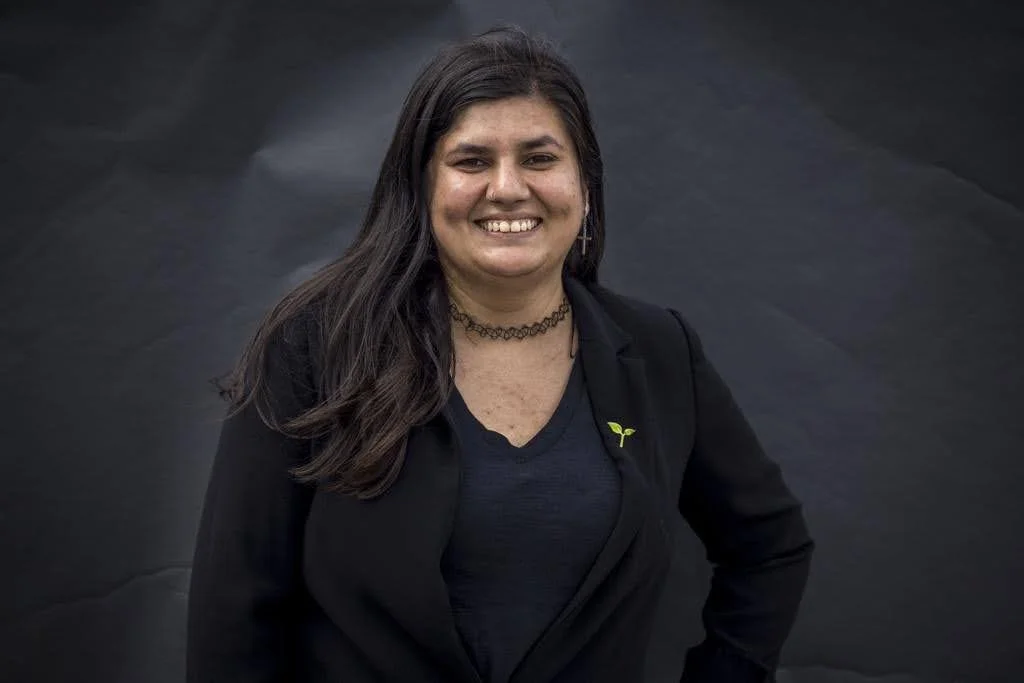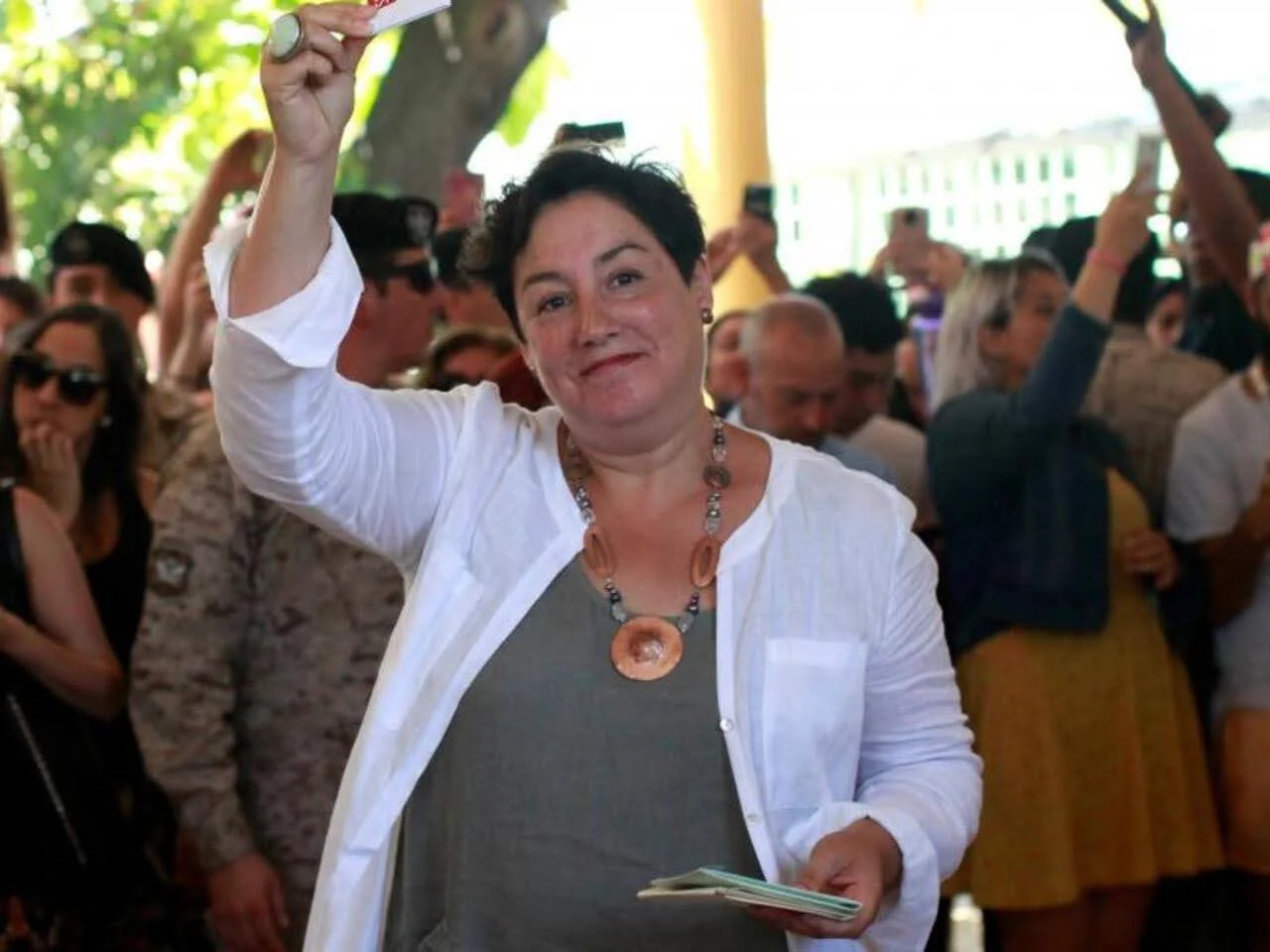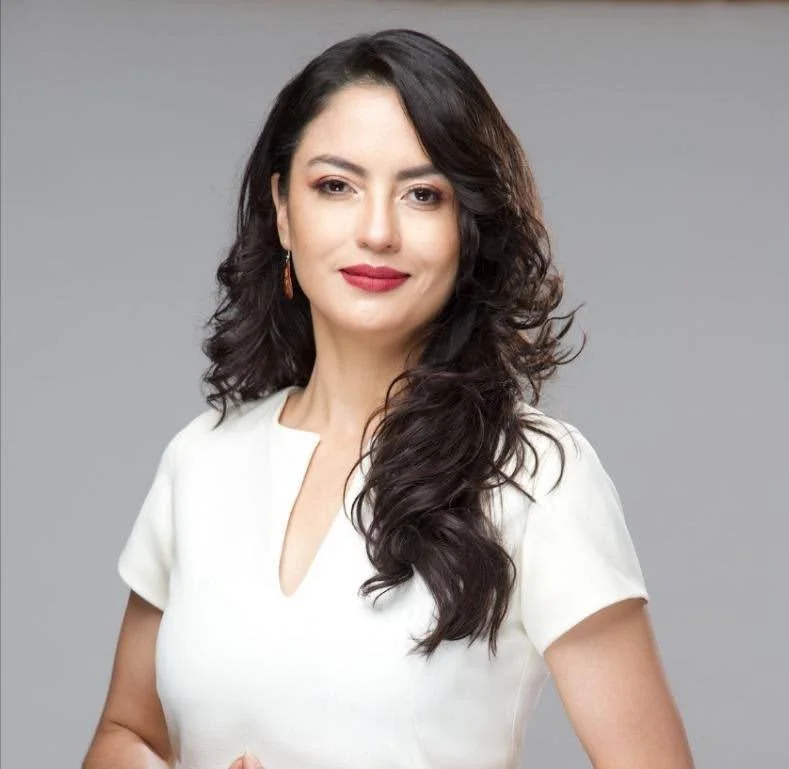
2025 Fellows
-
Diana Alarcón serves as the Alternate Executive Director for Costa Rica, El Salvador, Guatemala, Honduras, Mexico, Nicaragua, and Spain since November 1, 2024. Ms. Alarcon is an economist with a distinguished career in international affairs, economic development, and policy analysis. She served as Chief Advisor and International Affairs Coordinator to then-Mexico City Mayor Claudia Sheinbaum from 2018 to 2023.
Ms. Alarcón has extensive experience in global economic governance and sustainable development. She worked for a decade at the United Nations Department of Economic and Social Affairs in New York, where she played a key role in shaping analytical contributions to the intergovernmental processes that defined the 2030 Agenda for Sustainable Development. She also spent ten years at the Inter-American Development Bank and held positions at the United Nations Development Program and the International Labor Organization, focusing on economic and social policy.
Ms. Alarcón began her career in academia, teaching at various universities in Mexico and the United States. She holds a Ph.D. in Economics from the University of California, Riverside.
-
Manuela D’Ávila is a journalist, writer, activist, and PhD candidate in Public Policy. She is a former federal and state deputy, first elected in 2006 at age 23 and re-elected in 2010– then the 4th highest voted of any federal deputy in Brazil. In 2014, she was elected state deputy for Rio Grande do Sol, with the highest number of votes for that office in that year. In 2018, she was the vice-presidential candidate in the national elections against Bolsonaro.
Currently, she is President of the Instituto E Se Fosse Você?, which she founded in 2018 to directly network and support women in politics who are victims of harassment, violence, and disinformation. She is the author of four books on politics, feminism, and digital hate; her first, Revolução Laura: reflexões sobre maternidade e resistência, is a personal account of motherhood as a politician.
-
Daysi Tamara Dávila Rivas is a Nicaraguan feminist, psychologist, human rights defender, political activist, and opposition leader. She has worked in project management, education, and research, primarily with women's and feminist organizations in Nicaragua.
She holds a Master’s degree in Gender, Identity, and Citizenship from the University of Huelva (Spain), and a Master’s in Public Policy, Rights, and Youth Leadership from the Central American University (Nicaragua).
Since 2018, Tamara has been deeply involved in the civic struggle for justice, freedom, and democracy in Nicaragua. She emerged as a key leader in the opposition movement, working to build unity and strengthen collective efforts against authoritarianism.
In June 2021, she was arbitrarily arrested and spent 20 months in prison in solitary confinement. In February 2023, she was released, forcibly exiled, and stripped of her nationality as part of a mass deportation of 222 political prisoners to the United States.
She currently serves as a Human Rights Fellow at Kalamazoo College (Michigan). She is a member of the Board of Directors and Executive Committee of UNAMOS, a Nicaraguan opposition political party.
-
Enma López is the Deputy Spokesperson of PSOE and the Federal Secretary for Economic Policy, Digital Transformation, Entrepreneurship and Social Impact.
Since 2019, she has been a member of the Socialist Municipal Group in Madrid City Council, where she serves as Deputy Spokesperson and Spokesperson for Economy and Finance. In 2020, she coordinated economic affairs for the Pactos de la Villa, the most significant political agreement in the history of the City of Madrid.
In 2023, Enma served as the Campaign Director for the PSOE in the Madrid City Council municipal elections securing the best electoral outcome in the last two decades.
She has over 15 years of experience in the public sector, holding various technical and executive positions.
Enma is a member of the Insurance Supervisory Authority (A1), where she worked in international affairs, and of the Tax Supervisory Authority (A2), where she served as Section Chief for Intestate Inheritance at the Madrid Delegation.
She was also the Director of a public foundation focused on development cooperation in health-related issues.
Additionally, she has served as an advisor in the cabinets of Prime Ministers Pedro Sánchez and José Luis Rodríguez Zapatero, and worked as an international and economic legal advisor in the Spanish Senate.
Earlier in her career, she practiced law as a tax attorney while preparing for the national Treasury entrance exams.
-
Ana Catarina Veiga dos Santos Mendonça Mendes (born 14 January 1973) is a Portuguese politician of the Socialist Party who is now a Member of the European Parliament.
Mendes served as a councilor in the Almada municipality from 1993 to 1997 and was elected to the national parliament in 1995 as a representative of the PS for Setúbal, a position she occupied until 2024.
She was the President of the Setúbal District Federation of the Socialist Party from 2014 to 2015, when she was appointed Deputy Secretary-General.
From 2015 to 2019 she served as Deputy Secretary-General of the PS. From 2019, she was the Socialist Party's first female Parliamentary leader, in which role she stressed her intention to promote further diversity within the Parliamentary party. Following the 2022 Portuguese legislative election, Mendes was appointed as Minister of Parliamentary Affairs, dealing also with migration, equality, youth and sport.
Ana Catarina Mendes was elected a Member of the European Parliament in the 2024 European election, and sworn-in in the Tenth European Parliament and was elected Vice President of the Progressive Alliance of Socialists and Democrats.
-
Susana Muhamad González is a renowned Colombian politician, environmentalist, and political scientist of Palestinian descent, affiliated with the Colombia Humana party. She has established herself as one of the most influential voices in environmental defense at the national, regional, and international levels. She served as Minister of Environment and Sustainable Development of Colombia from August 7, 2022, to March 3, 2025, and was the president of COP16, the Conference of the Parties to the Convention on Biological Diversity. Her work has focused on establishing Colombia as a global powerhouse for life, complying with climate change agreements, protecting environmental defenders, and combating deforestation in the Amazonian Arc.
Under her ministerial leadership, Colombia achieved historic milestones. Muhamad achieved the greatest reduction in deforestation in the country in the last 23 years, led the ratification of the Escazú Agreement, and established the Fund for Life and Biodiversity, an unprecedented financial mechanism for environmental projects. Additionally, she was the central figure in organizing and leading the COP16 negotiations, which culminated in historic financing for biodiversity protection and the creation of the Cali Fund and the subsidiary body for indigenous peoples and local communities.
Her career is supported by a solid academic background as a political scientist from the Universidad de los Andes and a master's degree in Management and Planning of Sustainable Development from the University of Stellenbosch. Previously, she held the positions of Secretary of the Environment and Secretary General in the Mayor's Office of Bogotá. She was also elected as a city councilor in 2019 and as vice president of the national board of her party, Colombia Humana.
Her impact has been widely recognized internationally. She has been named Woman of the Decade in Colombia by the Women Economic Forum, was the first Colombian to be awarded for Global Leadership by the Vital Voices Global Partnership, and TIME magazine included her among the 100 most important climate leaders in the world.
-
Cecilia Nicolini is a political scientist with a distinguished career in foreign affairs, global and national environmental policy, and climate governance. From 2019 to 2023, she served as Argentina’s State Secretary of Climate Change and Advisor to the President. From 2020 to 2022, she led the national crisis response during the COVID-19 pandemic and negotiated the country’s vaccine procurement, making Argentina one of the few countries in the Global South to secure early access to vaccines. As National Climate Secretary, she managed to achieve a multi-stakeholder consensus, including civil society, economic sectors, and subnational governments, to agree on Argentina's 2030 adaptation and mitigation plan and 2050 carbon neutrality goal, despite the economic and debt crisis.
Currently, she is a Deputy in the Mercosur Parliament (Parlasur), representing Argentina, and a special advisor to the Minister of Economy of the Province of Buenos Aires. She also holds advisory roles for local and regional governments, NGOs, and international organizations on sustainability, climate finance, and policy innovation.
With over 15 years of experience spanning Latin America, Europe, and the United States, she has worked at the intersection of international politics, economics, and environmental policy. Her expertise extends to gender equality, sustainable development, and institutional reform.
Academically, she holds a Master in Public Administration from Harvard's Kennedy School, an MBA from IE Business School, and a Master in Political Communication from the Ortega y Gasset Institute. Fluent in English, French, Italian, Portuguese, and Spanish, she brings a global perspective to policy challenges.
-
Johanna Ortega Ghiringhelli was born in Asunción on June 12, 1987. She holds a Diploma in Climate Governance and Local Governments from the Universidad Comunera (2020). She studied Political Science at the Universidad Católica Nuestra Señora de la Asunción. She has been a member of the País Solidario Party since 2003 and served as president of the País Solidario Youth group from 2011 to 2017.
As a researcher in the area of Social Sciences, she participated in studies on Human Rights and Migration, and as a consultant, her work focused on the areas of Youth, Transparency, Climate Change, and Local Government policies. She is currently a Representative for the Capital, being a member of the Environment, Sustainable Development, and Climate Change Commission and Vice President of the Commission on Children and Adolescents. She also chairs the Parliamentary Front for the Rights of Children and Adolescents.
-
Claudia Ortiz is a 37-year-old lawyer with a background in Political Science, as well as a wife and mother of three. A Member of Parliament representing the VAMOS party, which adheres to centrist principles. Ortiz is currently the leading voice of the democratic opposition in El Salvador. Now serving her second term in office, she significantly increased her vote count in the most recent election—quadrupling her support—despite the obstacles posed by recent electoral reforms that have made it harder for emerging parties like VAMOS to retain representation.
From her position in the Legislative Assembly, she advocates for reforms that advance social justice, uphold democracy, and defend human dignity. Her legislative priorities have included expanding labor rights, protecting women from violence, securing justice for victims of human rights violations, and guaranteeing access to housing, clean water, and food for the most vulnerable communities. She has also championed initiatives to secure public funding for education and healthcare infrastructure.
El Salvador’s current political context presents serious challenges to democracy and human development. In response, Claudia is working to help build a broad and diverse national civic coalition capable of becoming a viable electoral alternative—one that can reverse the country’s authoritarian drift and restore democratic governance for the Salvadoran people.
-
Andrea María Reyes is a Guatemalan attorney and notary committed to human rights, transparency, and civic participation. She holds a Master’s in Human Rights and Democratization from UNSAM and a Bachelor’s in Legal and Social Sciences from Universidad Rafael Landívar. In 2023, she was elected to the Guatemalan Congress (2024–2028) with Movimiento Semilla, where she held key legal and electoral roles.
She has advised civil society on constitutional litigation, legal reform, and oversight mechanisms, and served as anti-corruption attorney for CristoSal. Reyes brings legal expertise and a strong ethical commitment to democratic transformation.
-
Beatriz Sánchez is a 54-year-old Chilean woman with a long career as a journalist before entering politics in 2017 as the first presidential candidate of the newly created Frente Amplio political group. Eight years after that election, Chile was under a Frente Amplio government led by President Gabriel Boric.
Two years after her presidential candidacy and following a social uprising in Chile, Beatriz led the campaign to approve a new constitution and later became—after a popular election—a constituent convention delegate. Ultimately, this process was not successful. In 2023, she became Chile's Ambassador to Mexico.
Before politics, Beatriz was a radio and television journalist. Between 2014 and 2016, she received the highest recognition for journalistic work in her country: the Award for Journalistic Excellence (2014), the Award for Best TV Journalist (2014), Premio Pobre el que no Cambia de Mirada (2014), and the Raque Correa Award (2015 and 2016). She was born in Viña del Mar and studied journalism at the University of Concepción.
-
Verónica Silva is an Ecuadorian sociologist and political scientist. She holds a Master’s degree in Latin American Studies and Government and a PhD in Political Science from the National Autonomous University of Mexico (UNAM), complemented by an academic residency at the University of Michigan. She earned her undergraduate degree in Sociology from the Pontificia Universidad Católica del Ecuador.
Her connection to political life began with her early involvement in liberation theology. At the age of 14, she became a missionary with Jesuit priests working closely with Indigenous communities across Ecuador. This experience deeply shaped her values and commitment to defending health and education as fundamental rights.
From student activism to her work as a social development advocate, she has collaborated with historically marginalized groups, including Indigenous communities, women's organizations, migrant collectives, urban youth cultures, and international foundations.
She specializes in institutional analysis, decentralization, municipalism, regionalism, and local development. Her professional experience includes work with the Municipality of Quito, the National Secretariat of Political Management, the Ministry of Foreign Affairs, and the Embassy of Ecuador in Spain. She has also taught at several universities.
She is a founding member of the political platform Somos Patria and of the organization Mujeres Construyendo Democracia. Recognized by these political and social spaces for her leadership and commitment, she has run for public office twice: in 2021 as a candidate for the National Assembly and in 2025 as the Vice Presidential candidate for the Ecuadorian Socialist Party.
Her political agenda prioritizes social rights, gender equity, child protection, territorial strengthening, decentralization, and social justice. She believes deeply that another kind of politics is possible — more humane, more inclusive, and with the face of a woman. Verónica is also a mother and a wife, committed to building a more just and caring world for the next generation.
For the 2024 Fellows, click here.


